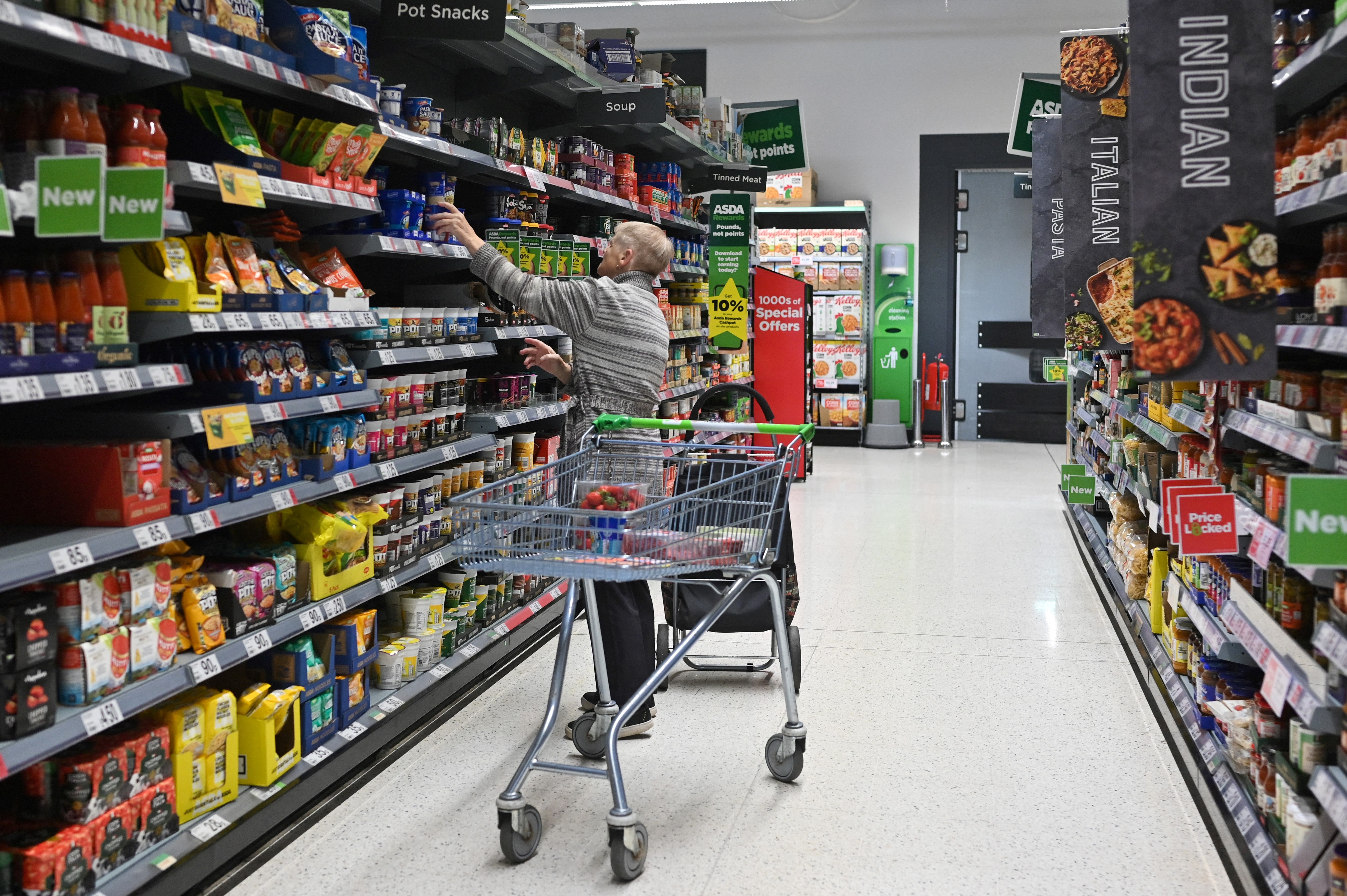Here’s the real cost to businesses – and customers – of post-Brexit border checks
Costs from the repeatedly-delayed Common User Charge will be passed onto consumers, says James Moore


Brexit has shaken Britain’s economy like an earthquake whose aftershocks are still being felt.
The latest tremor threatens the future of a substantial number of small businesses – the very people that politicians like to eulogise. It comes in the form of import checks on a multitude of products, starting with meat, cheese and some fish. A range of fruit and veg will be added. Seeds, too.
These checks are not free, and importers will bear the cost. The Common User Charge will apply to consignments coming through any government-owned border control post. It must be paid regardless of whether a check is actually performed or not. Remember how Brexiteers used to bang on about “Brussels bureaucracy” and what a terrible thing it was? It’s simply being replaced by British bureaucracy. We have swapped red tape for red, white and blue tape.
Wait, you’re saying – don’t we have a free trade agreement with the EU? What happened to that? Well, the EU-UK Trade and Cooperation Agreement is still in effect, but this is a part of it. The deal means there are no import duties to pay, but customs fees will apply; just another cost of tearing Britain out of the world’s biggest free trade zone, under which the flow of goods from the continent was seamless.
Bigger firms, such as Tesco or Sainsbury’s, will probably seek to absorb some of the extra expense because they have the resources to mitigate the worst of the impact on their businesses. But there will still be some.
Britain does not feed itself. Major supermarkets like to trumpet the work they do with British suppliers, and talk about how much they love them. For example, Lidl GB trumpeted sourcing “two thirds of its products from British suppliers” in a recent announcement of plans for new stores; but that mans a third of its stock comes from overseas, a big chunk of which will arrive from the EU and thus be liable for the new chrages.
Smaller firms will face bigger pain. Martin McTague, national chair of the Federation of Small Businesses, says members are “still unsure” about how the process will even operate, let alone what it will do to their accounts.
These checks “have already been delayed five times so there’s really no excuse not to have communicated what’s going on to small firms,” he points out.
“On top of that, because the fees will apply whether or not an item is checked, it could have a disproportionate impact on the cost of trade. The ripple effect of that will lead to businesses having to pass costs onto customers, reduce their offering or shut up shop entirely.”
So, it will mean higher prices – thus stoking inflation just as it has shown signs of coming under control – and reduced consumer choice.
McTague says small firms are already experiencing cost increases or a lower availability of goods originating from outside the UK, with 40 per cent having to absorb those costs and 56 per cent increasing their prices.
“We’d like to see the government bring in a fee that reflects the fact that small firms don’t have a lot of spare cash right now and rarely import high value items,” he says.
“Politicians should also consider a separate agreement with the EU that would reduce the requirement for checks, giving those affected a bit of leeway. They also need to continue to improve their support offering and streamline the digital trade process.”
Absolutely, they should do that. But Brexit is an ideological project, not a practical one, so ministers simply won’t go there. Much easier to pretend the system is great, despite all evidence to the contrary.
Britain’s opposition is no different. Labour leader Sir Keir Starmer would rather run barefoot over a busy road covered in broken glass than advocate for a sensible solution to this problem, for fear that tub-thumpers would complain he’s “betrayed Brexit”. This, despite the impact all this will have on Britain’s food security in an increasingly uncertain world.
Join our commenting forum
Join thought-provoking conversations, follow other Independent readers and see their replies
Comments
Bookmark popover
Removed from bookmarks